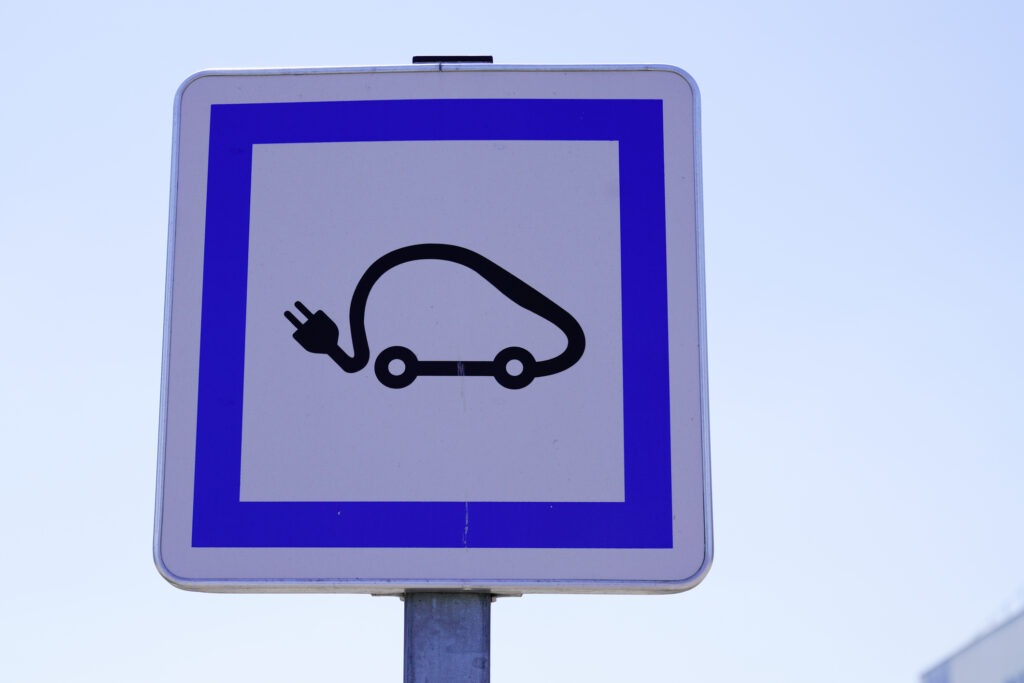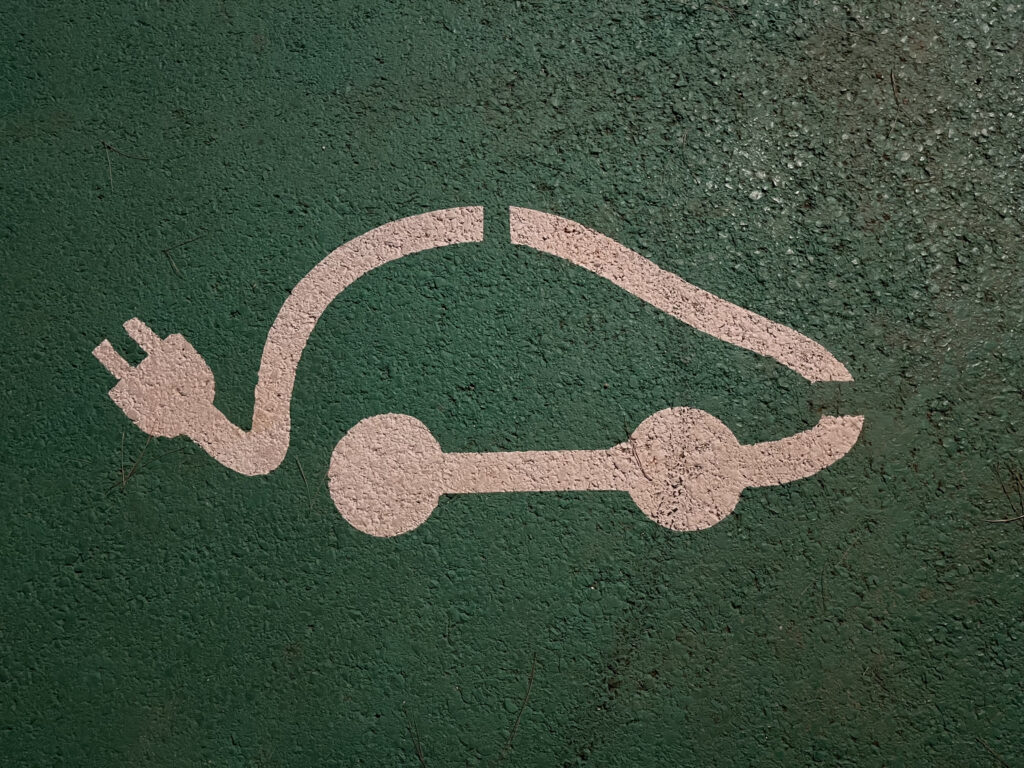Did Tesla cement its French EV market position in September?
16 November 2023

Registrations of electric vehicles (EVs) keep rising in France, with 45,883 units hitting the country’s roads in September. Meanwhile, petrol and diesel models saw their share slowly erode. José Pontes, data director at EV-volumes.com (part of Autovista Group), reviews the market trends.
Made up of battery-electric vehicles (BEVs) and plug-in hybrids (PHEVs), EV registrations climbed nearly 30% year on year in September. Accounting for 20% of the overall market, 30,213 BEVs were delivered in the month, while 15,670 PHEVs equated to a 10% share. The former saw registrations increase by 34%, while the latter jumped by 35%.
This means that in the EV market, BEVs took a 66% share while PHEVs held 34%. This put the all-electric model share tally to 64% across the first nine months of the year, and plug-in hybrids at 36%. BEVs can be expected to keep pulling away throughout the rest of 2023.
The market for new petrol models in France continued to slowly recede, taking a 34% share in September compared with 37% at the same time last year. Diesel’s freefall also continued, with its share dropping from 14% in September last year to 9% in 2023. This is a significant fall from grace considering the powertrain took a 72% of France’s new-car market in 2012.
With EVs taking a 30% share of the market in September and petrol 34%, it might not take long for plug-in vehicles to become the driving force in the French market. By the end of November, the market might reach a turning point.
Peugeot e-208 hits record
The best-selling EV in France last month was the Tesla Model Y, with 5,035 registrations. This put the crossover in fifth place in the overall market ranking, its second highest point behind March when it came fourth.
In second, the Peugeot e-208 was one of the highlights of the month, hitting a record 3,924 registrations. The electric-only model represented 40% of the 208’s total volume, helping it secure the overall best-seller title with all powertrains combined. In third, the Dacia Spring (2,514 units) surpassed its direct competitor, the Fiat 500e (2,296 units).
The Mercedes-Benz GLC PHEV was the best-selling plug-in hybrid, recording 1,040 registrations. This was its best score in almost two years. The previous generation saw 1,407 registrations in December 2021. The Renault Twingo EV also gave a robust performance, ending the month in ninth with 968 registrations, its best result in over a year.
In the second half of the table, Citroen achieved two record performances. The 15th-place Citroen e-C4 hit 596 registrations, thanks to the arrival of a new powertrain. Its larger brother, the C5 X PHEV also recorded its best-ever performance, reaching 722 registrations. The BMW X1 PHEV came 13th, with a new best of 618 registrations. In 16th, the MG ZS EV registered 585 units, its best result in two years, giving the brand a strong month thanks to its MG4 hatchback taking fifth.
Just below the top 20, two Volkswagen (VW) Group models hit record scores, with the Skoda Enyaq taking 454 registrations and the Audi Q4 e-Tron getting 423 registrations. Both models can be expected to reach the top 20 soon, especially now that the VW Group is no longer constrained by production problems.
Tesla Model Y cemented position
Between January and September, the Tesla Model Y further cemented its first-place position, meaning it is almost definitely going to end 2023 as the country’s best-selling EV. This would be a first for the crossover, and the second time for Tesla as it claimed the title in 2021 with the Model 3.
The Peugeot e-208 not only surpassed the Fiat 500e in the year-to-date ranking to take third but was only around 2,000 units behind the Dacia Spring in second. Depending on how smoothly the production ramp-up of the refreshed model goes, the e-208 could surpass the Dacia by the end of the year.
The refreshed Tesla Model 3 could also provide a surprise towards the end of the year, should production increase without any issues. If there are no hiccups, a surge can be expected in December, which might pull the sedan into fourth. The Peugeot 3008 PHEV climbed one spot to ninth, followed closely by the Renault Twingo EV in 10th, providing some good news to the French carmaker.
In the second half of the table, the highlight was the new Mercedes-Benz GLC PHEV surging three positions, to 13th. With just over 1,000 units separating it from the Peugeot 3008 PHEV in ninth, the GLC PHEV could see its category trophy being taken by the German model by the end of the year.
Tesla sees share shrink
Tesla saw its lead in the brand ranking fall from a share of 12.9% in August to 12.8% in September, no doubt harmed by the drop in Model 3 deliveries. Second-place Peugeot (12.5%, up from 12%), benefitted from the e-208’s strong performance. With a small margin separating the two, much relies on the production ramp-up of the refreshed Tesla Model 3 and the Peugeot e-208, respectively.
Should Tesla finish the year in the top spot, this would be historical. No other foreign brand has ever been ahead of the local marques in France. On the other hand, if Peugeot does recover the leadership position, it would constitute its third consecutive title. In third, Renault (8.2%, up from 7.9%) achieved good results from its BEV line-up. Even the Renault Zoe appeared in the top 20 in September. On the other hand, Dacia’s market share dropped slightly in the month, to 6.6%.
MG (5.9%, up from 5.8%) put more distance between itself and Fiat in sixth (5.4%, down from 5.5%). Considering the current strength of MG’s line-up, the brand may challenge Dacia for fourth in December. The Chinese-backed brand only needs to scale up production to meet the overwhelming demand for its MG4 hatchback.
When it comes to OEMs, with brands grouped under parent companies, Stellantis (28.3%), up from 28.2%) was the major force in France, benefitting from the performance of Peugeot and Citroen. But with its other brands experiencing a slow month, the OEM’s share effectively stayed stable.
Third-place Tesla (12.8%) and fourth-place VW Group (11.1%) also held firm. The German conglomerate suffered from a slow month with its namesake brand, annulling the positive outcomes of Skoda, Audi, and Cupra.
The same stability was experienced by the Renault–Nissan–Mitsubishi Alliance (15.4%). If Renault had a good month, the remaining line-up did not follow through. In fifth, BMW Group lost some of its share (7.2%, down from 7.4%), but the consequences were not that big, as sixth-place Hyundai Motor Group was also down (6.5%).



